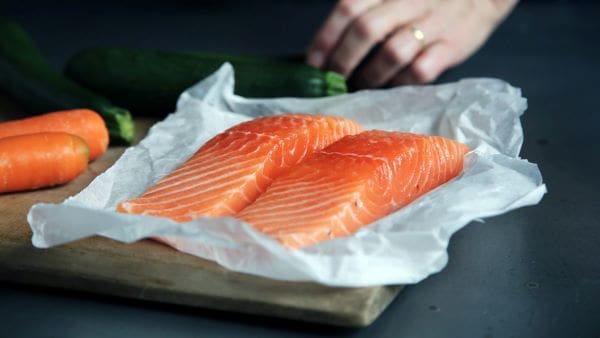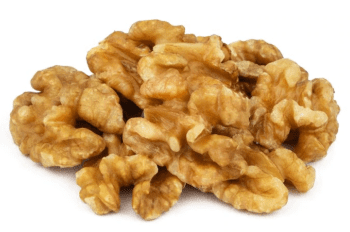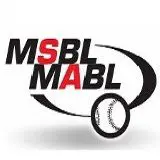What should the Ideal Diet for Baseball Players Consist Of?

Submitted by Jennifer Davies, special to MSBL

Around 15.9 million people in the U.S. play baseball, a number that is indicative of how fun and challenging this sport can be. As is the case with all sports, nutritional requirements can vary greatly depending on the athlete’s playing position, training intensity, and body composition goals. Baseball training involves a mixture of speed, strength, sprinting, weights, and skill-specific workouts and these. Players also enjoy an intense cardiovascular workout as they run, throw and catch. To perform at their best, they need to follow a sound nutritional plan that includes the consumption of lean meat; fruits and vegetables; cereals, legumes/pulses and whole grains; healthy Omega-3-rich fats, and other foods that comprise the Mediterranean diet.
Quality Protein Sources are Key-Because baseball requires muscular strength and power for acceleration, throwing, and sprinting, players should ensure they obtain between 1.2 to 2.0 grams of protein per kilo of body weight, as recommended by the American College of Sports Medicine. This is because the body breaks protein down into amino acids, enabling you to create muscles, tissues, enzymes, hormones, and other key chemicals. It also aids in muscle repair, which is key every time you take part in an intense game or workout. Essential amino acids include lysine (which supports the immune system), methionine (which maintains proper cell functioning), and threonine (which aids in the formation of collagen and tooth enamel). To access a wide array of essential and non-essential amino acids, consume a well-rounded diet comprising high-quality protein sources such as organic meat, fish, beans, dairy products, nuts, and seeds.
Embracing Fiber-Fiber, found in fruits and vegetables, cereals and pulses, are vital to keep your gut microbiota (the healthy bacteria that live in your gut) in an optimal state. Fiber is important not only for digestion, but also for your mental health and wellbeing. Research by scientists at Weill Cornell Medicine shows that there is a powerful connection between the gut and brain. People with IBS, for instance, have low microbiota levels and they are also more likely to have depression and anxiety. To do well at baseball, staying motivated and positive is key so make sure you feed your brain the fuel it needs to keep you inspired and committed to your sport. Aim to consume between 20 to 35 grams of fiber daily.

Healthy Fats-Fat is important in a baseball player’s diet, because it provides energy, fat-soluble vitamins, and essential fatty acids like Omega-3, which help battle inflammation. Fat helps baseball players last through the longest of games. Opting for good fats (found in foods like walnuts, extra-virgin olive oil, and flaxseed) is key, as is keeping fat consumption moderate. Fat intake for athletes should range between 20% and 35% of their total caloric intake.
To withstand the many physical and mental requirements of baseball, consuming a nutritious diet is important. Although your precise requirements will not necessarily be the same as those of another player, in general, aiming for a Mediterranean-style diet will help you achieve your fitness and strength goals. Eating for success isn’t just a matter of physical performance; it also involves motivation and positivity, so remember to give fiber its due importance in your daily diet.

